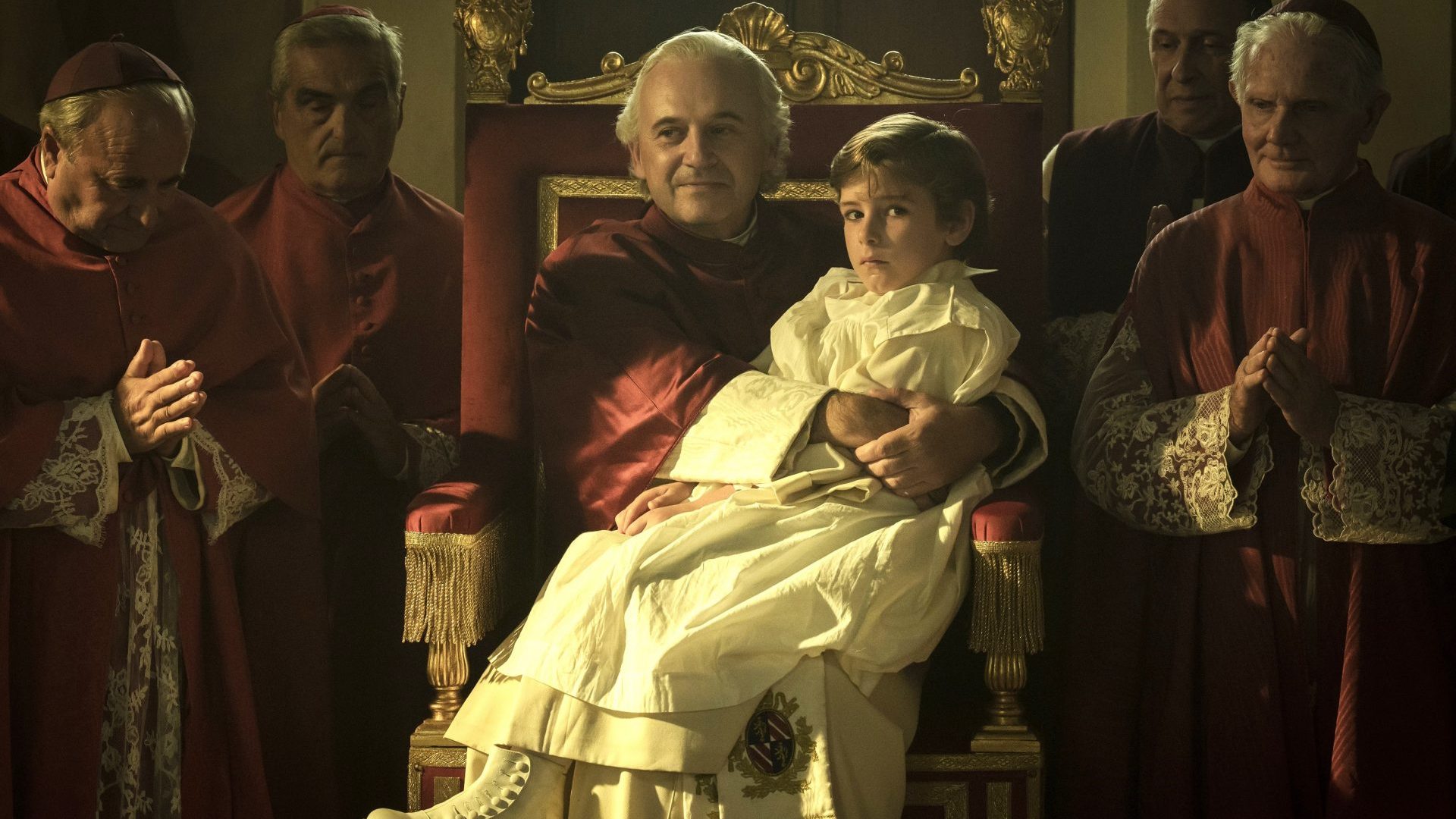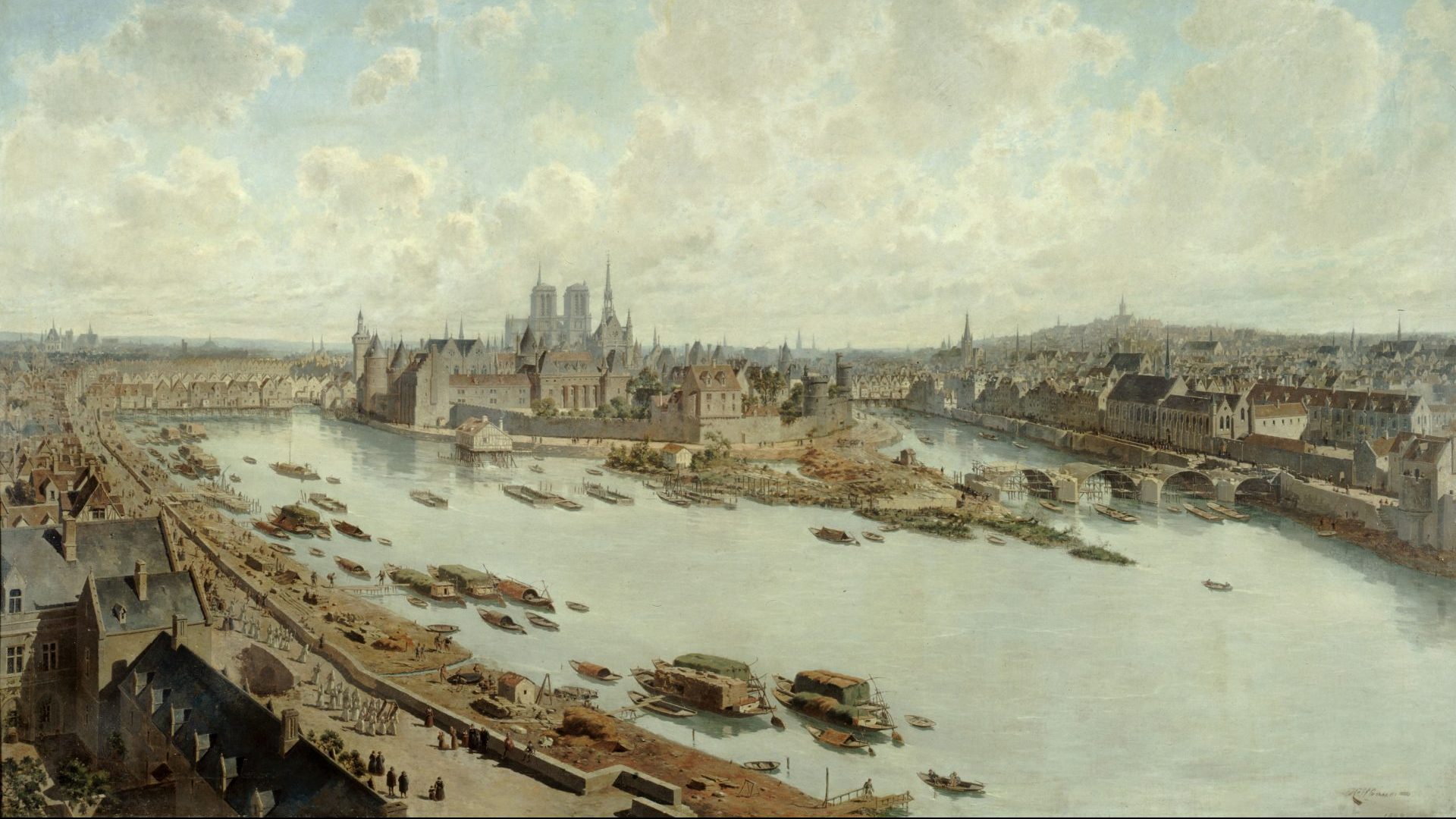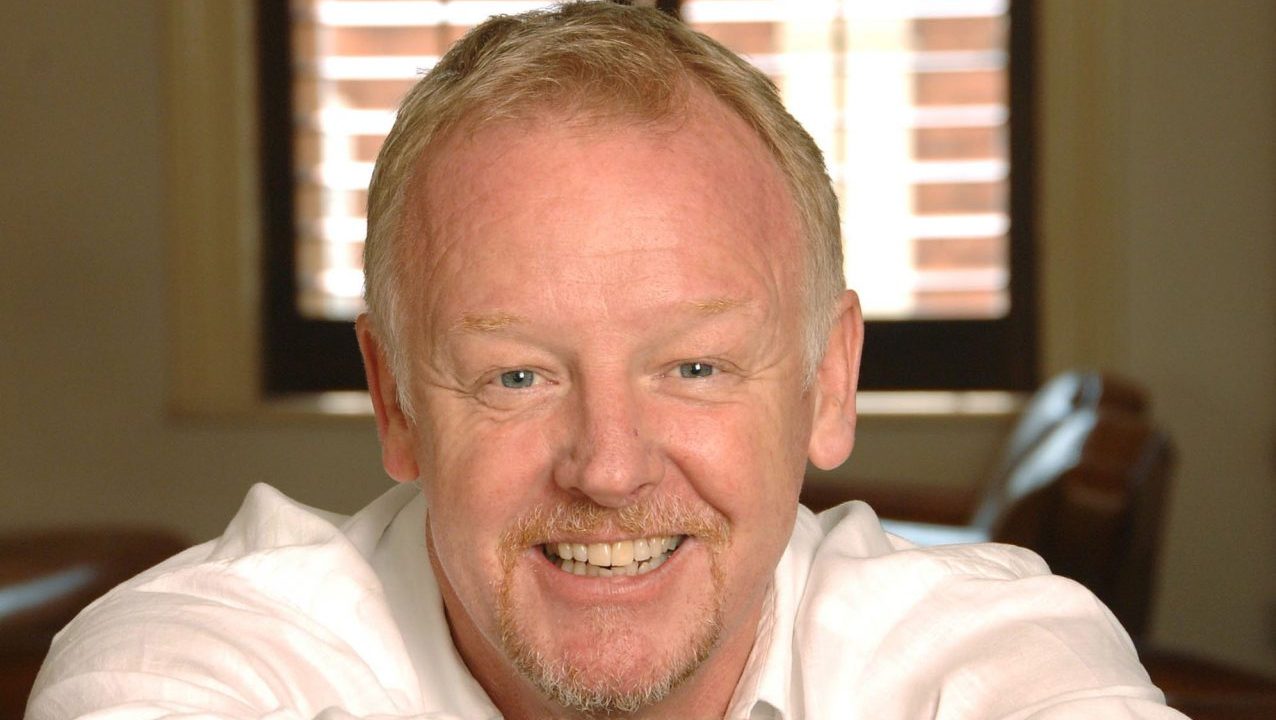Long hailed as a bona fide maestro of his craft, Marco Bellocchio is the last man standing of a golden generation of Italian film-makers. What’s most remarkable about this career is not just its longevity – outlasting perhaps more familiar names such as Bertolucci, Antonioni and Taviani – or its continued productivity, but that his films are simply getting better and better.
After international success with mafia informant drama The Traitor in 2019 and now in his 85th year, Bellocchio returns with Rapito (Kidnapped), an amazing yet true 19th-century story, beautifully and grippingly told, bursting with all the dark drama and human detail of one of those vast Renaissance canvasses you get in the great galleries, a Titian or a Caravaggio or a Tintoretto.
“It’s true, if I look around, on my sets, or at the film festivals, I am now the oldest,” he shrugs. “But I do not feel it.”
He doesn’t look it, either. Smartly dressed but hardly flamboyant, silver hair and button collar shirt, he looks more like a respected newscaster or head of cultural institution than a movie director whose films, since his ferocious, Morricone-scored debut in 1965 Fists in the Pocket (i Pugni in Tasca), have delivered serious political punch and, as with any Italian film-makers going the distance, often railed, openly or covertly, against the Catholic Church.
Rapito is based on the story of Edgardo Mortara, a six-year-old Jewish child in Bologna who, in 1858, was taken away from his loving parents, family and community, literally seized overnight by the papal authorities who claim that they have it on good authority that the child has been baptised, and that as he is now a Catholic, he forever belongs to the Pope.
The Jewish family are shocked and baffled but powerless even when they discover that a former maid had secretly carried out the baptism when the infant child was poorly, fearing his unbaptised soul would end up in limbo should he succumb to the illness.
What follows is a terrific drama, a succession of wonderfully controlled scenes as the parents try to get to see their child even as he is brought up a Catholic. What a nightmare for this Jewish mother to watch him distance himself from her as a boy and then grow into an important Vatican priest, sitting on the lap of Pope Pius IX.
Or is the child pretending all along, secretly keeping his Jewish faith (and some of the prayers) hidden deep inside and merely waiting for the moment to break free of his papal chains?
The case becomes famous, making the Pope and his Inquisitor in chief, Father Feletti, even more determined to cling to the victory this represents over the Jews. It’s a story with obvious parallels of later history, of round-ups, betrayals, of institutional anti-semitism and the church’s connections to Nazism.
Bellocchio came to the drama, he tells me, after an abandoned attempt by Steven Spielberg who, in turn, had been inspired by a book by David Kertzer called The Kidnapping of Edgardo Mortara – Spielberg had Mark Rylance down for playing the Pope.
Bellochio found another book, by Daniele Scalise called The Mortara Case: The True Story of the Jewish Boy Kidnapped by the Pope, which pretty much does what it says although the director tells me he was most intrigued by the period and the application of dogma.
“It’s the big story of history, against the story of a small family and a little child,” he says, through a mix of Italian, halting English and the use of an interpreter who seems to me intent on giving her own thoughts rather than a direct translation of what Bellocchio is saying, but, in the end, we get somewhere.
“This story has so many elements that are important to me,” he says. “That the Church can believe in its dogma so stubbornly, that once baptised, nothing else matters, this is so powerful for a drama.” I point out that the child, being a Jewish boy, must have been circumcised, which would be some hefty proof of his Jewishness in 19th-century Bologna. Are you telling me, then, that baptism trumps circumcision?
Bellocchio shrugs. “Once you are baptised, the Vatican says you are a Catholic, even if a lay person carries out the baptism, even if there are no witnesses.”
This is not the first time Bellocchio has dealt with kidnapping on screen. In fact, he’s turned to one of the most famous of Italian abductions, that of Aldo Moro, the industrialist taken by the Red Brigades in 1978, for subject quite recently, in his 2003 drama Good Morning, Night, seen from the point of view of a young terrorist and kidnapper, and in a TV series Exterior Night, in 2022.
“It was a case everyone knew and knows,” he says of Aldo Moro. “It was like the Kennedy assassination for Italians. It should have changed the whole political system in Italy.”
In The Traitor, the centrepiece of the drama is the murder of Judge Falcone, blown up in his car just as he was blowing the workings of the mafia wide open. Everyone in Italy, of a certain generation, knows where they were when they heard Falcone was killed.
Bellocchio takes these big moments and finds a human angle, one that is not necessarily always appreciated by Italians themselves. His film Dormant Beauty, inspired by a famous euthanasia case that had divided the nation, brought him into clashes with the Venice film festival and the entire funding system of Italian cinema in 2012.
Is he an outsider, a non-conformist? “I don’t feel like a rebel, no,” he says very calmly. “But I did always have a freedom from the Italian, provincial point of view because I came to London to study in the 1960s. That was the making of me.”
It was here, studying at the Slade School of Art, that he wrote that debut Fists in the Pocket, a film held alongside the firsts of Godard and Truffaut on the canonical lists of explosive European debuts. Ah, that makes sense, I say, here he got groovy, dug the Swinging London scene, grew his hair, took drugs, I get it.
“No,” he laughs. “None of that. I didn’t meet the Beatles or the Rolling Stones. I went to classical concerts at the Royal Albert Hall, which I loved. And I went to see films at the cinema under a bridge by the river [the BFI, or National Film Theatre as it was then].
“And there was the Academy on Oxford Street which showed Italian films and I liked the crowd there. And I saw the British film-making of the time, films of Tony Richardson and Karel Reisz, which was all very exciting to me. But no, I would love to say I was part of the Swinging 60s, but it’s not true. I loved the sense of freedom from not being in Italy, and I loved my studies, and learning English at a little school on Piccadilly Circus, but I was not at so many parties, sorry.”
He was taught at Slade by Thorold Dickinson (“a real gentleman, and a very kind tutor”), whose current claim to enduring fame is making the 1940 film Gaslight, the drama starring Anton Walbrook and based on a Patrick Hamilton play which has given its name to the very ‘now’ process of manipulating a victim into believing they have imagined or are imagining their own plight.
Although familiar with the film of his old tutor, Bellocchio doesn’t quite seem to get my explanation of “gaslighting” and how it is now a much-used term in psychology. The interpreter doesn’t appear to have too much luck either.
But it’s very much the story of his film Vincere, too, based on the life of Benito Mussolini’s first wife Ida Dalser (played by Giovanna Mezzogiorno), who ended up in an asylum when the fascist leader returned from the Great War married to someone else and refused to even acknowledge both Ida and the legitimacy of their son. Despite a campaign of letter writing and appeals to newspapers, Ida is shunned and, of course, the Pope sides with Mussolini.
Kidnapped could, therefore, be seen as a case of gaslighting, this Jewish family completely helpless in the face of the Inquisition and the power of the Church.
I first saw it in Cannes last May, when the world was different. When I meet Bellocchio in London for the UK release, the war in Gaza is raging, children are dying and Israelis have been kidnapped.
“It is always the children who suffer,” he says. “In my film, it is the child who is taken. But we could be talking about the children who were killed by Herod in the desperate search for Jesus. Everyone, including the Vatican, talks about proportionality, but what is that?”
He relishes the word in Italian, repeating it several times on his tongue: “sproporzione, sproporzione…”
Bellocchio is far too experienced to spell it out but it’s clear that, although the current catastrophe in the Middle East was not on his mind when he made the film, it cannot be far from the thoughts of audiences who will now watch the movie. He points out that the film has not, so far, suffered any negative reactions from Jewish or Muslim communities, not even from the Catholic Church whom, he admits, he was sure would take offence.
At any rate, Kidnapped had me wondering what could the Jews in his story do to combat the Vatican, what could be a proportionate response to having their child taken? There’s nothing they can do, not really, in Kidnapped, except cling to their own religion and belief and hope their child does too.
Bellocchio’s question is more philosophical, I suppose, about where religious beliefs reside – if the child grows up to be a man of God, does it matter which God he serves? Under it all there’s a seething sense of injustice and tyranny, of abuse of children, of power, and of religion.
“I am not a religious person,” he says, a self-described Marxist-Leninist, a classic European leftist from back in the days when you could call yourself that. “But I can see how religion can be so important to people but also how it can be abused so terribly by people in power. We see it in every period in history and now it is not different from any other age.”
Kidnapped (Rapito) is released in cinemas and on Curzon Home Cinema from April 26




